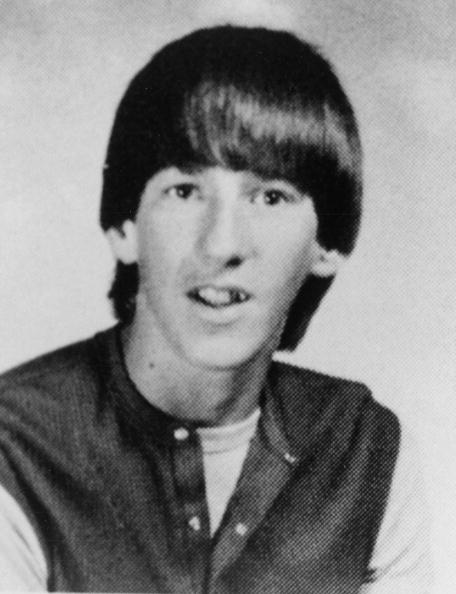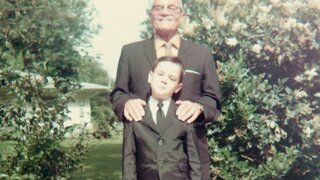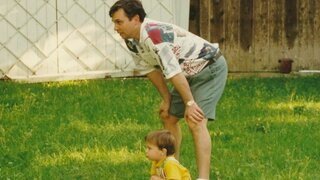A Short History of Timothy McVeigh
From decorated American veteran to domestic terrorist.

On April 19, 1995, domestic terrorism hit America. A rental truck exploded in front of the nine-story Alfred P. Murrah Federal Building in Oklahoma City in a deadly explosion that killed 168 people and injured over 650. The man behind the horror: Timothy McVeigh. How did this young man— seemingly an all-American, boy next door—get involved in a deadly event that changed history?
Oxygen's "In Defense Of" revisits the case of Timothy McVeigh and other high-profile crimes, re-examining them from the unique perspective of defense attorneys. "In Defense Of" premieres Monday, June 25 at 9pm ET/PT.
Timothy McVeigh was born April 1968 and had a typical, middle-class upbringing in rural upstate New York. His father was a factory worker at a radiator plant. As a teen, his parents split up and he stayed with his father. "If you met Tim McVeigh and you didn't know his history and you began chatting with him ... you'd find him a very affable, knowledgeable young man," said Dan Herbeck, one of two journalists who extensively interviewed McVeigh for American Terrorist, according to CNN's "People In the News".
After high school, McVeigh dropped out of college and began working odd jobs. In 1988, he joined the Army and thrived there. He became a sergeant and a gunner and went to combat during the Persian Gulf War in 1991. McVeigh received numerous accolades including the Bronze Star.
"He was the best solider I met when I was in the Army, by far," said David Dilly, who served with him, according to "People In the News". "Everything we did he excelled at. He was the best always." The kid who used to be bullied was thriving in the armed forces.
However, things didn't turn out as planned. He didn't make the cut for the Army's Special Forces and ended up dropping out. Returning to civilian life, McVeigh grew increasingly outraged and angry at society. He stayed close with Army buddies Terry Nichols and Michael Fortier, who shared his love for guns and hatred of the government.
"A kid from the heart of America who feels the society has let him down can be very dangerous if he has underlying emotional quirks," said Charles Bahn, a forensic psychologist from John Jay College of Criminal Justice in New York, to The Washington Post.
McVeigh told the authors of American Terrorist that he meticulously planned the Oklahoma City attack as an anti-government message. He wanted the impact to be big and heard around the world. The Murrah Building was perfect; in his mind, its location was ideal for media coverage.
McVeigh wanted everyone to pay attention.
When McVeigh's homemade bomb exploded, the destruction became the deadliest terrorist assault on U.S. soil until September 11, 2001 attacks in New York City, Washington, D.C. and Pennsylvania. In the aftermath of the carnage, he affirmed that he acted alone. However, Nichols was convicted of conspiracy and eight counts of involuntary manslaughter and sentenced to life in prison. Others were convicted because they had prior knowledge of the conspiracy.
After the attack, McVeigh showed no remorse for his destruction, including killing 19 children. "I understand what they felt in Oklahoma City. I have no sympathy for them," he said to the authors, according to ABC News' "PrimeTime".
Timothy McVeigh was convicted in June 1997 on 11 counts of conspiracy and murder. In June 2001, he was killed by lethal injection in Terre Haute, Indiana. He did not make a final statement but as ABC News reported, he shared a handwritten passage from the poem "Invictus": "I am the master of my fate; I am the captain of my soul."
[Photo: Getty Images]




















